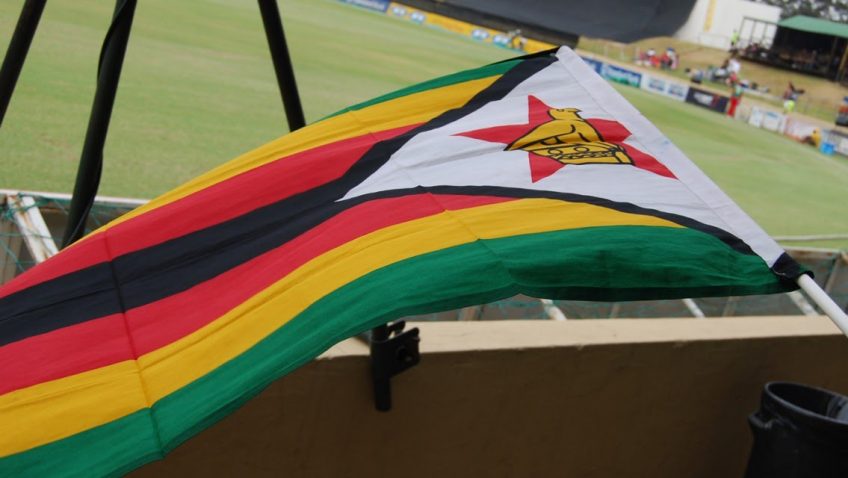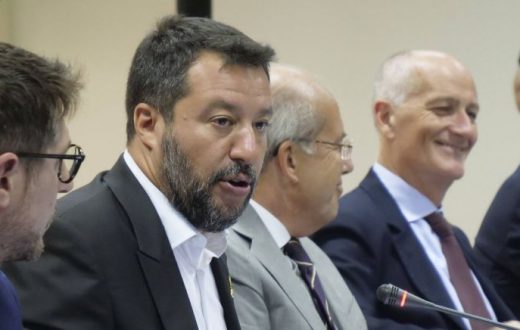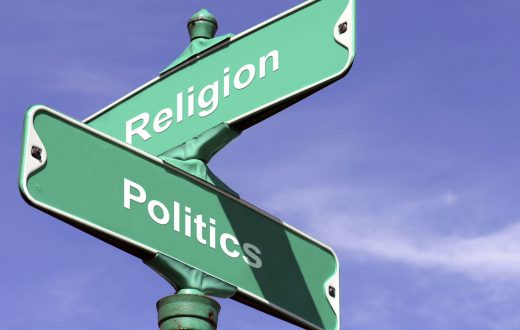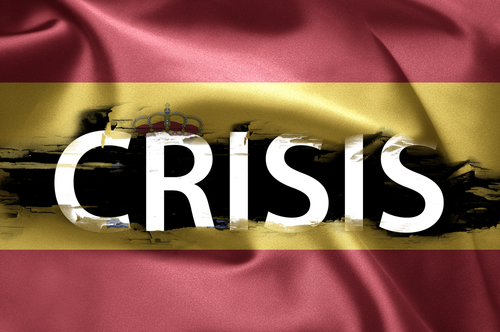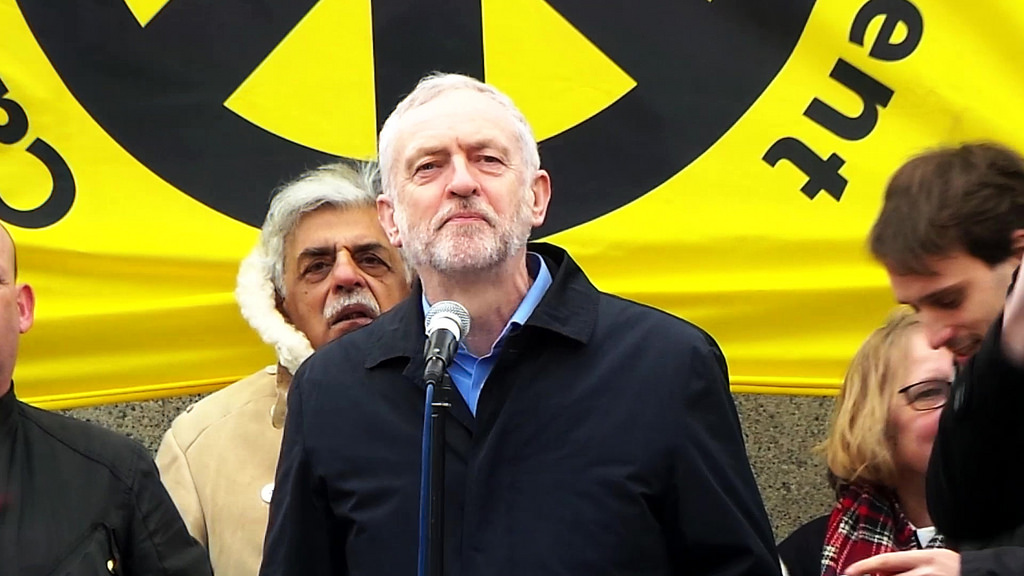AT LOGGERHEADS: LEGALITY VS LEGITIMACY
The post-electoral crisis in Zimbabwe is far from over. The debate between law and politics has engulfed the post election period in the country. Legality or legitimacy is the bone of contention between President Mnangagwa and Opposition leader Chamisa. The 31 July 2018 election took place amidst a volatile political atmosphere that followed the military intervention that toppled Mugabe in November 2017.
“Legality” is a question of action – whether or not something that you’re doing is a violation of either statutory or common law. Legitimacy is a question of origin or support for an action – whether or not an authority figure has “legitimately” taken their role, for example. In simpler contrast, legality is a question of law while legitimacy is a question of politics. This is the battle that has apprehended intellectual minds in the country.
The Enlightenment-era British social philosopher John Locke (1632–1704) said that political legitimacy derives from popular explicit and implicit consent of the governed: “The argument of the [Second] Treatise is that the government is not legitimate unless it is carried on with the consent of the governed.” The German political philosopher Dolf Sternberger said that “legitimacy is the foundation of such governmental power as is exercised, both with a consciousness on the government’s part that it has a right to govern, and with some recognition by the governed of that right”.
The results released by ZEC showed that Mnangagwa narrowly scrapped victory by approx. 300,000 votes in a 50.8 to 44.3-percentage difference. Chamisa appealed against the results released by the Zimbabwe Electoral Commission (ZEC) to the Constitutional Court (CC) alleging that ZEC stole the vote in favour of Mnangagwa. Chamisa through his lawyer Advocate Thabani Mpofu, cited statistical irregularities to that effect as proof of the ballot theft by ZEC. In the judgment, Chief Justice Luke Malaba stated the lack of evidence in the form of v11 forms by the appellant. Therefore, Chamisa had no case against ZEC meaning to say the CC upheld the results released by ZEC confirming Mnangagwa as the duly elected president of Zimbabwe. On the contrary, Chamisa claims he won the ballot and he is the people’s choice before ZEC manipulated the numbers.
In political science, legitimacy is the right and acceptance of an authority, usually a governing law or a régime. Whereas “authority” denotes a specific position in an established government, the term “legitimacy” denotes a system of government—wherein “government” denotes “sphere of influence”. An authority viewed as legitimate often has the right and justification to exercise power. Political legitimacy is considered a basic condition for governing, without which a government will suffer legislative deadlock(s) and collapse.
The political reality in Zimbabwe is that the citizens are disgruntled. The recognition by the citizens of the ZANU PF administration is in serious jeopardy especially by the urban electorate. The urban taxpayers have been hardest hit by the economic freefall in the country. The Chamisa led protests in the Harare metropolitan and the rallies in the urban cities and towns around the country are testimony of the legitimacy crisis facing the Mnangagwa government. The urban citizenry is sour as the cost of living continues to rise beyond the reach of the lower and middle working class. The salaries and wages have been eroded by the spike in prices and the high cost of living standards.
The economy is on a kamikaze suicidal tailspin into the abyss. The prices of goods are spiraling out of control without government intervention. It seems the authorities are clueless in bringing sanity to the economic madness. This has already cast doubts in the viability of the 2019 Budget pronouncements in the backdrop of industrial closure and dire foreign currency shortages. The current demands by workers for salary increments commensurate with the price increase have put the government in a quandary. The bond note surrogate currency has been eroded and the three tier pricing system in the retail market has added insult to economic injury.
The conscience of the government is not at ease. The legitimate expectations of Zimbabweans to President Emmerson Mnangagwa as the savior to turn around the fortunes of Zimbabwe has hit record rock bottom. Mnangagwa however has remained elusive to the skyrocketing prices choosing to plead with the citizens to be patient with the government. The calls by citizens for talks between Mnangagwa and Chamisa have grown amidst desperation for a lasting solution.
The issue in question is whether legality or legitimacy or a fusion of the two will end the post election crisis facing Zimbabwe. Mnangagwa maintains that the highest court in the land upheld the results released by ZEC confirming him as the president of Zimbabwe and therefore that decision by the CC must be respected. Chamisa on the other hand claims that ZEC was impartial and the CC was biased in its ruling against him. He claimed there was overwhelming evidence to show there was ballot theft, which the CC chose to sweep under the carpet of bias. As such, he calls for a return to legitimacy in Zimbabwe and that the people’s vote must be respected.
The economic woes bedeviling the country is justification by Chamisa and his MDC party to argue that indeed there is a legitimacy crisis in Zimbabwe. Chamisa has maintained that the solution to the country’s problems is the return to legitimacy. He asserted that ZANU PF could rig the elections but not the economy. The legality of Mnangagwa as the president confirmed by the CC has failed to appease the international community that democracy has returned to Zimbabwe. The military crackdown on innocent unarmed protesters on August 1 2018 sent wrong SOS messages across the continental divide that the tyrannical tendency of ZANU PF is continuing with a new driver.
International observer missions such as the European Union have submitted that the elections were not altogether free and fair. Hence the reservations of the international community to invest in a politically volatile nation. The results released by ZEC are testimony to the effect that Zimbabwe is deeply politically divided. At least 2.1 million voters out of the 4.6 million registered voters voted for Chamisa. To make it even more interesting and complex is that the MDC now control 81% of all urban councils in Zimbabwe showing the strength of Chamisa in the urban electorate.
The Constitutional Court ruling addressed legality (albeit an alleged flawed electoral process) but the economy of Zimbabwe is seeking a political solution to the post-electoral crisis. Mnangagwa holds the legal power as conferred by ZEC while Chamisa holds the legitimacy vested by the people’s support in the urban areas. The demonstrations held by the opposition are an indication of a widely polarized nation. As such, political dialogue between the ruling party ZANU PF and the main opposition party MDC is necessary to solve the political impasse.
Chamisa has called for dialogue with President Mnangagwa but Mnangagwa has maintained that talks are possible only if Chamisa recognizes his presidency. Chamisa has also submitted his 5-point plan for negotiations. The major point being the return to legitimacy and the respect of the general will of Zimbabweans that voted for him ahead of Mnangagwa. Hence the political standoff has frozen the hopes of Zimbabweans for a better future if the economy is fixed.
The international community has called for political dialogue in Zimbabwe in order to get the nation forward. Neither legality alone nor legitimacy can solve the myriad of problems facing the country. A fusion of legality and legitimacy is essential and necessary in Zimbabwe. Legality is in need of legitimacy and vice versa. Come what may, the two have to find each other out for progress’ sake.
The writer is a young local independent political analyst. He holds a BSc Hon in Political Science, Applied Law and Diplomacy & International Relations. He is currently studying a Masters degree in Peace, Leadership and Conflict Resolution. You can contact him on chengenziramasanga@gmail.com or +263734583445

